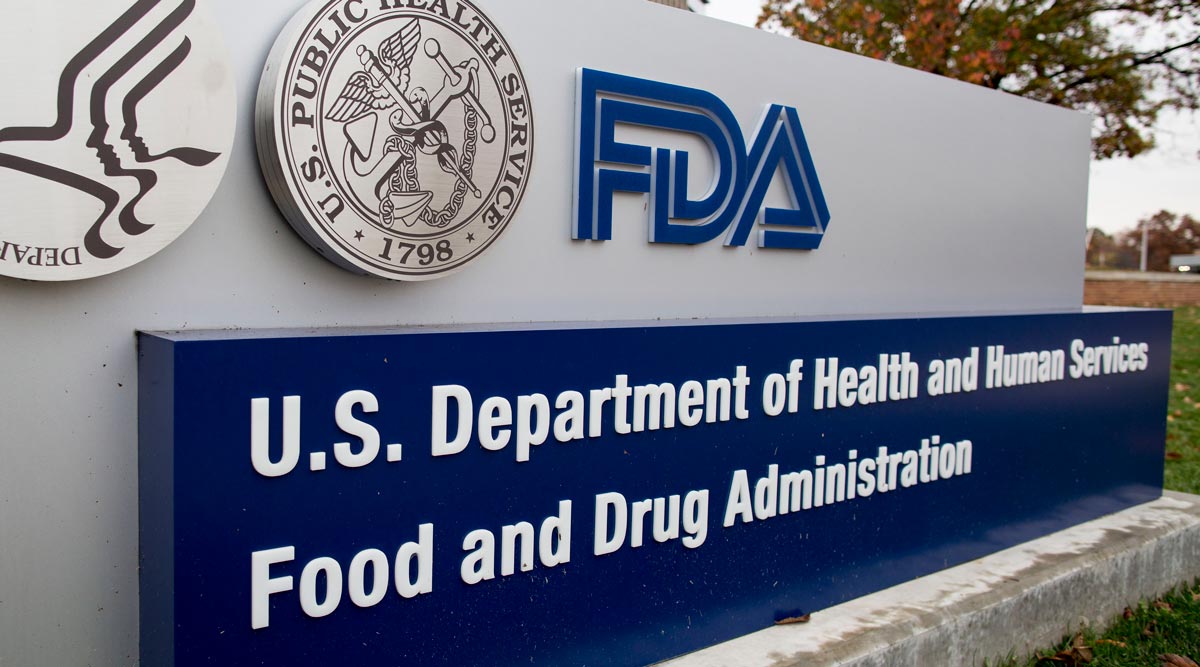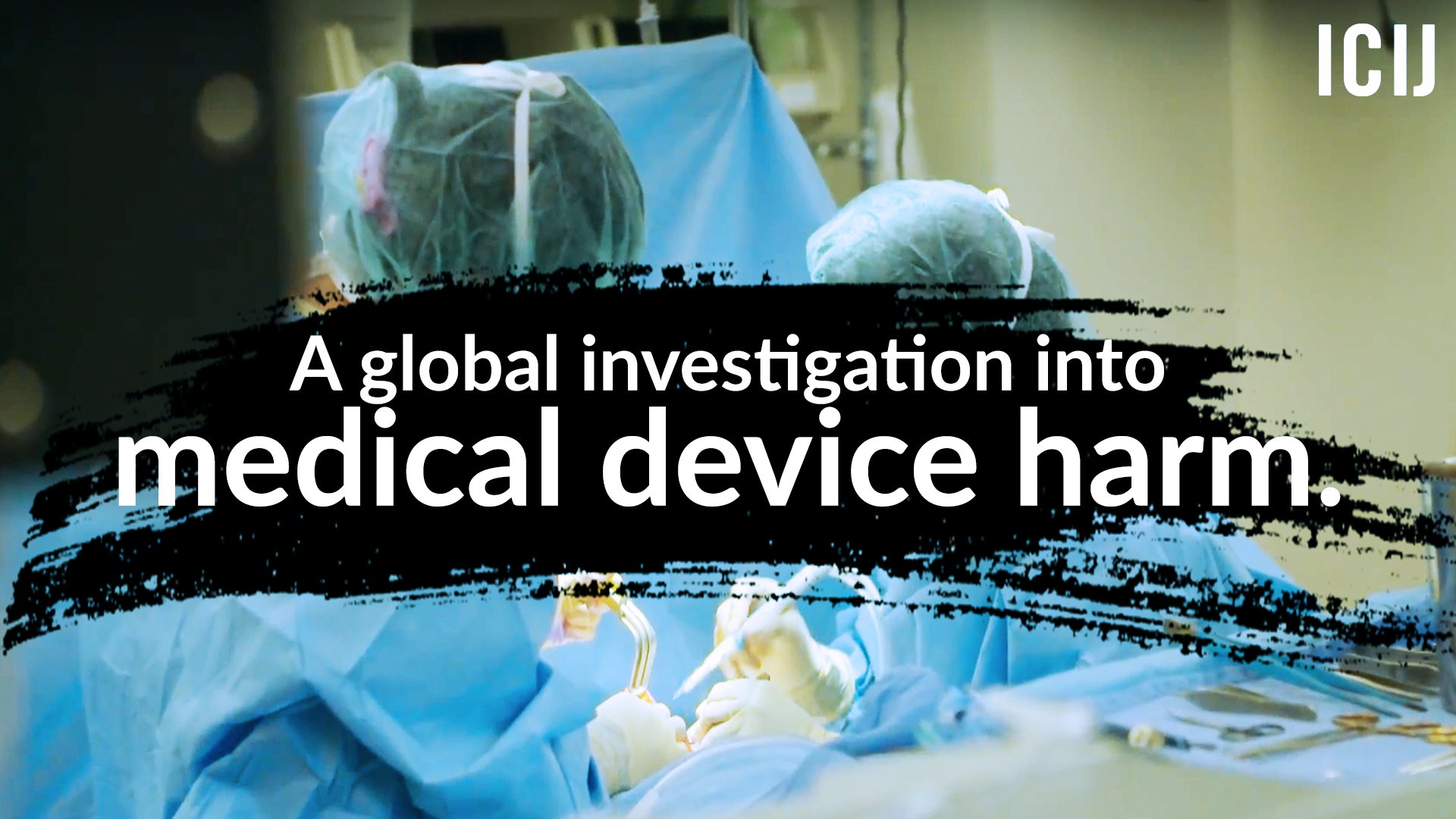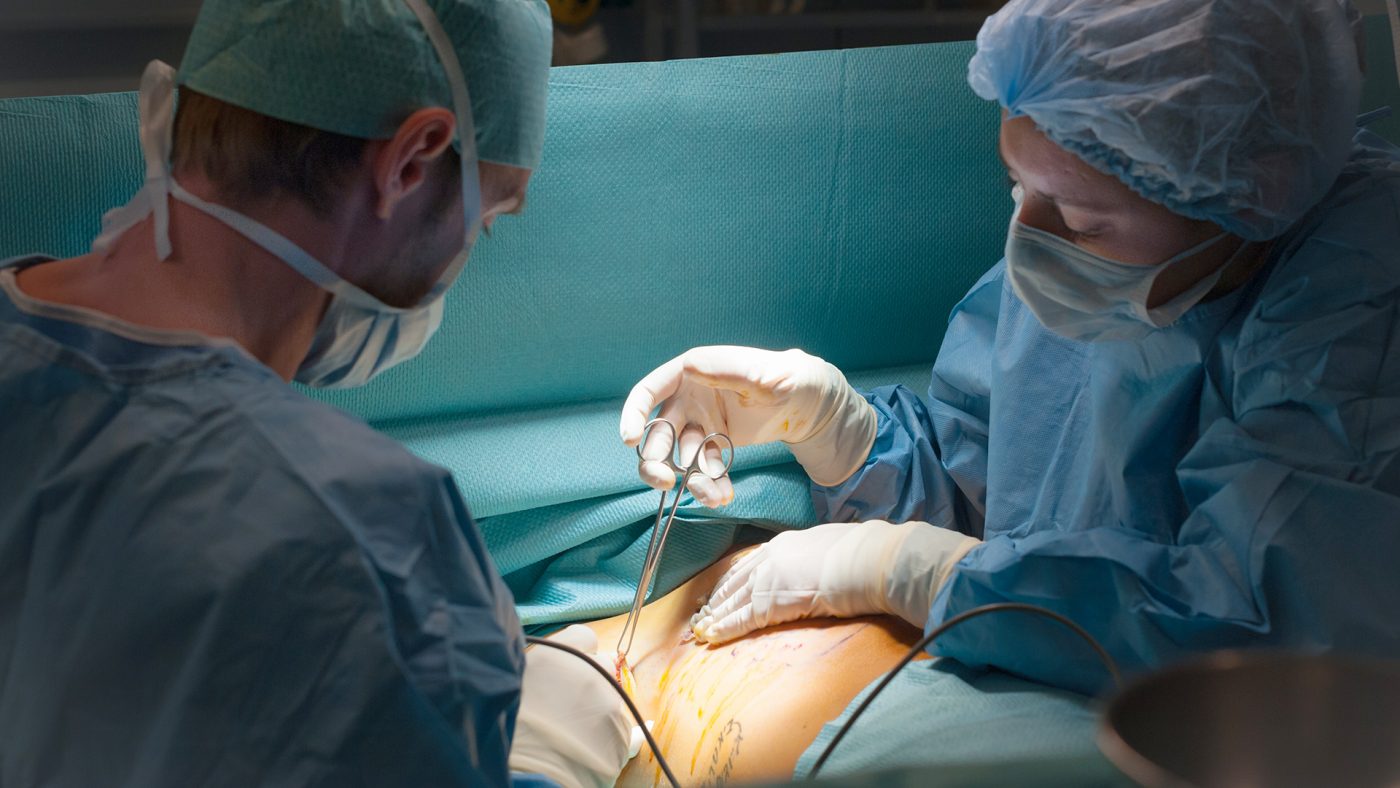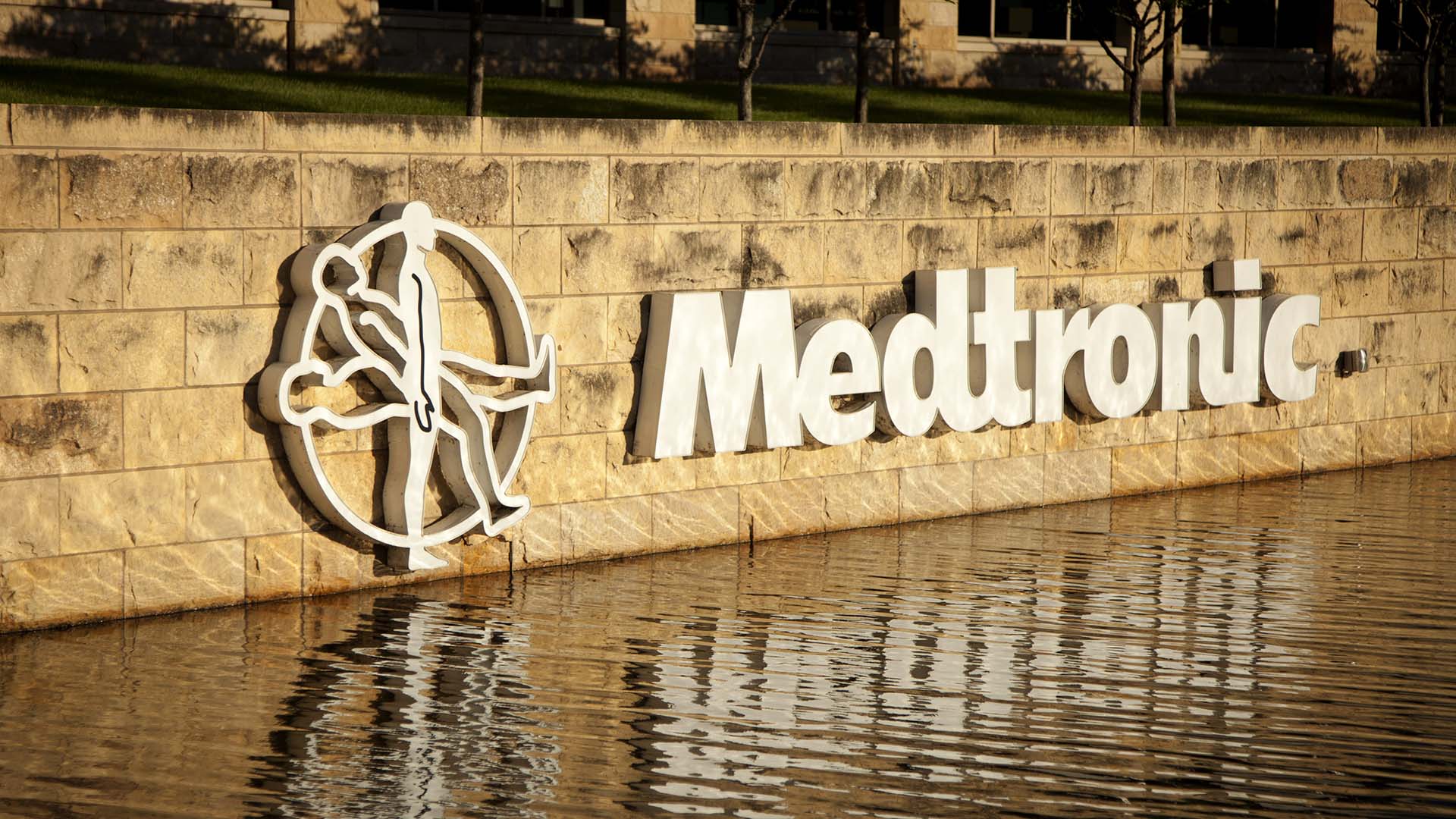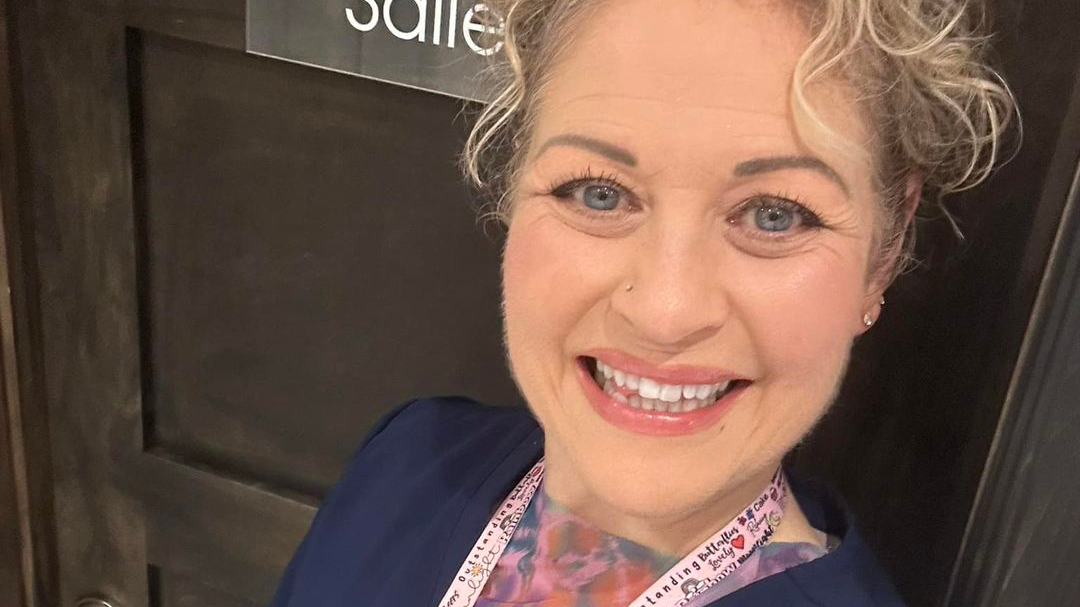Doctors have long defended the large payments many receive from drug and device companies as just compensation for advising on products, and for sharing what they know with colleagues at conferences. Patient care decisions, they maintain, are not influenced.
But an authoritative new study of patients who received common types of implants used to keep hearts beating in rhythm substantially challenges this claim.
In a study published in the Journal of the American Medical Association, a Yale University-led research team found that cardiologists were between two and 11 times more likely to implant a defibrillator made by the device company that paid them the most, researchers found. And for two of the manufacturers studied, the size of the payment mattered as well, with those in excess of $10,000 appearing to influence the choice of device more often than payments less than $100.
“I find these results concerning,” said Jeptha Curtis, the senior author of the study, in comments posted on a Yale website announcing the study. “Medical decisions should be made independent of one’s relationships with industry. If we cannot live up to that ideal, we should question whether these payments should be allowed at all.”
A 2018 investigation by the International Consortium of Investigative Journalists found that patients around the globe have been harmed by medical devices that were poorly tested, or not tested at all. It also highlighted long-standing concerns about the close relationship between device companies and the doctors that recommend those same products.
In the U.S., where drug and device manufacturers are required to disclose payments to physicians, the 10 largest medical device companies paid nearly $600 million to doctors or their hospitals in 2017, according to an ICIJ analysis of data from the Centers for Medicare & Medicaid Services. This figure doesn’t include device-related payments from heavyweights that sell other products, including Johnson & Johnson and Allergan.
The study focused on two common heart devices, the implantable cardiac defibrillator, or ICD, and the cardiac resynchronization therapy defibrillator, or CRT-D. The devices are slightly different, but operate generally with the same purpose: they are surgically implanted and programmed to deliver electric shocks to keep the heart beating normally.
The study examined data from a three-year period involving nearly 150,000 patients and four leading device manufacturers. Of the 4,435 physicians who implanted one of the devices, the vast majority — 94%—accepted some kind of payment from a device manufacturer, the analysis found. The median payment was $1,211. Four percent of the cardiologists received payments in excess of $25,000.
Though the study doesn’t name the manufacturers, it says that it examined those made by the four largest ICD and CRT-D makers. As of 2020, those companies were Boston Scientific, Medtronic, Abbott Laboratories and Biotronik.
A 2010 law requires drug and device companies to report payments to doctors to the Centers for Medicaid & Medicare Services. In 2019, companies reported more than $10 billion in payments. (The regulator offers a public-facing search tool, which is easy to use).
The payments analyzed by the researchers are broadly categorized as “general,” a catch-all category that lumps together money for travel and lodging, food and booze, consulting and speaking at dinner talks.
The researchers note in the study that these types of payments “raise concerns because they are often tied to marketing and promotional activities.”
“Although medical device manufacturers promote patient care by supporting training for physicians in the latest advancements in technology, sponsoring scientific sessions, and funding clinical research, there are concerns about possible undue bias introduced by physician-industry interactions,” the study says.
Separate research from 2017 that explored how doctors in Chicago, San Francisco and Washington, D.C. viewed the Sunshine Act found that most were unaware or unconvinced that industry payments influenced their practice.
The Yale-led study also examined whether there was an association between payments to physicians and clinical outcomes, such as complications or death, but found “no consistent relationship.”

